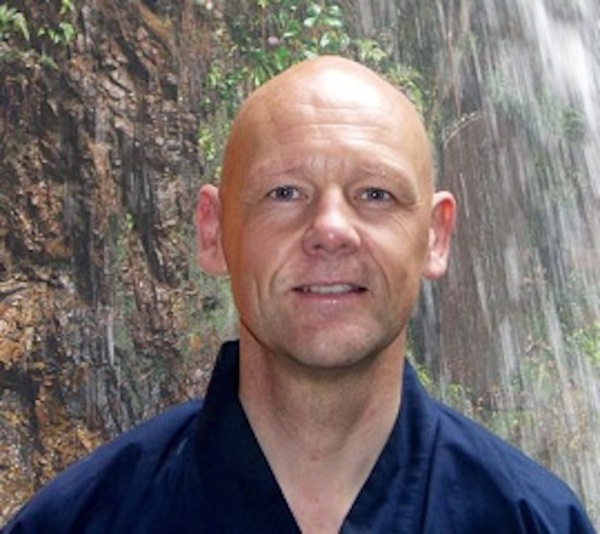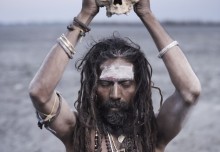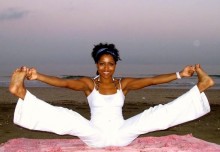In part one of this exclusive interview, Daizan Skinner Roshi a world respected Zen Master talks about his own journey and the transformational power of Zen…
Where’s home for you?
There are a few places on this planet that are special to me. Right now a lot of my work is in London, so that’s where I’m based.
After graduating you worked as a scientist in a pharmaceutical company – why did you quit your job and decide to change your path?
I loved my job. My life was very good. But I saw the opportunity for so much more, so I jumped.
You spent 20-odd years training in Zen Monasteries – what led you there?
I just so wanted to do it. I was prepared to pay the cost. My first Zen teacher said the cost is everything. I took him seriously and he took me seriously. Things happen fast when you commit.
Can you recall some of your most challenging moments?
Many. I remember the blind rage to kill another monk who had been needling me for a year or so (fortunately the other monk realized he had gone too far and hid). We had a huge fire burning down half the temple in Japan and then a pretty tough winter – that was hard. I remember people getting frostbite, a few suicide attempts and a lot ran away. There was one monk who followed through with suicide, various crazy people, a cook who would only give us plain white rice. Human beings living together in groups always gets intense, I think. Monasteries are no different.
What are some of the most poignant lessons you’ve learned along the way?
I’ve learned that human beings are flawed and magnificent. I’ve learned that enlightenment and fallible humanity can and in fact always do coexist. I’ve learned that it’s very easy to get comfortable along the way and get stuck. I’ve learned that titles and ranks mean very little. I’ve learned that we’re all a whisper from death all the time and that realization can be a source of terror or a source of bliss.
You studied with Rinzai Zen Master Shinzan Roshi, in what ways does he inspire you?
Shinzan Roshi lives freely and fearlessly. The saying “Freedom ain’t free,” could have been written for him. He has consciously paid that price and continues to do so without regret or complaint. In my experience this is rare.
How would you describe Shinzan’s character?
He himself has jokingly compared himself to Don Quixote tilting at windmills. For years I lived right next to him. My room was beside his with only the thinnest wall between us. In all that time I never saw or heard him do a selfish thing.
Zen Masters are renowned for not being affected by external events – can you give us any examples of this?
The temple fire first destroyed Shinzan Roshi’s room with his computer, all his clothes, a book he’d just finished writing. Walking behind me in the midst of our fire-fighting he said four words in English, “Everything gone; but ok.”
When you left Japan and initially returned to the UK, you decided to walk 777 miles from Isle of Wight to Scotland. What shaped this decision?
I’d done a rather longer pilgrimage walk on Shikoku Island in Japan, living on the generosity of strangers. In the UK I had nothing to come back to – no invitations or students. I wanted to do the same thing in the UK to get reacquainted with the land and the people, and because I had no money or structure here, it was a way to get started.
Now you are involved in Zen teaching at Oxford University and travel around the world teaching Zen meditation & mindfulness – what’s the most rewarding aspect of this?
I get a huge kick out of seeing people come into flower. It’s an honour and a privilege to be part of that process.
For more information or to book a session with Daizan Skinner Roshi go to www.zenways.org





